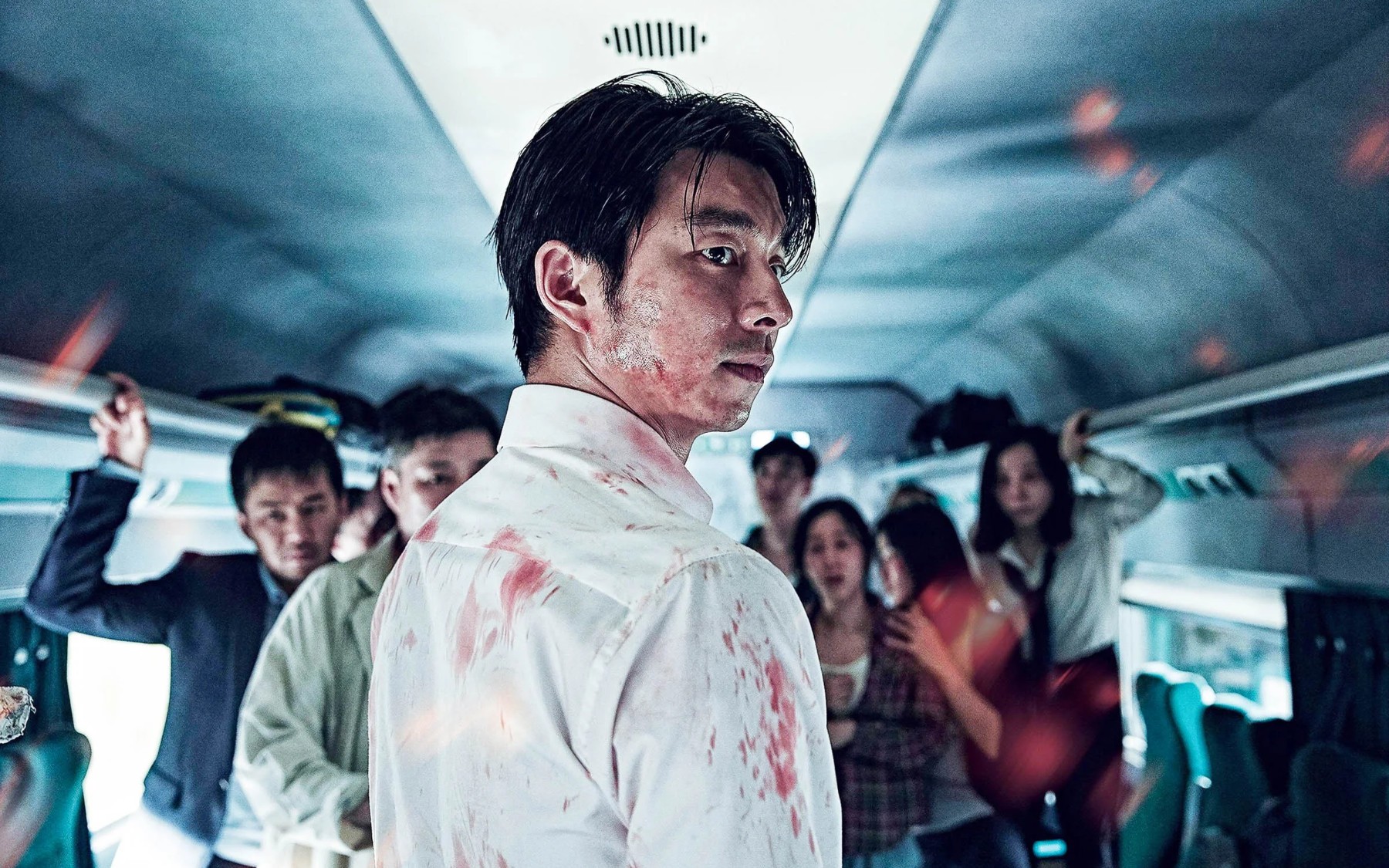
co-edited by Eddie Falvey and Alice Haylett Bryan Call for Book Chapters As we move into the third decade of the twenty-first century, it becomes increasingly clear that the taste for horror has not abated.

co-edited by Eddie Falvey and Alice Haylett Bryan Call for Book Chapters As we move into the third decade of the twenty-first century, it becomes increasingly clear that the taste for horror has not abated.

Migrant belonging through digital connectivity refers to a way of being in the world that cuts across national borders, shaping new forms of diasporic affiliations and transnational intimacy. This happens in ways that are different from the ways enabled by the communication technologies of the past.
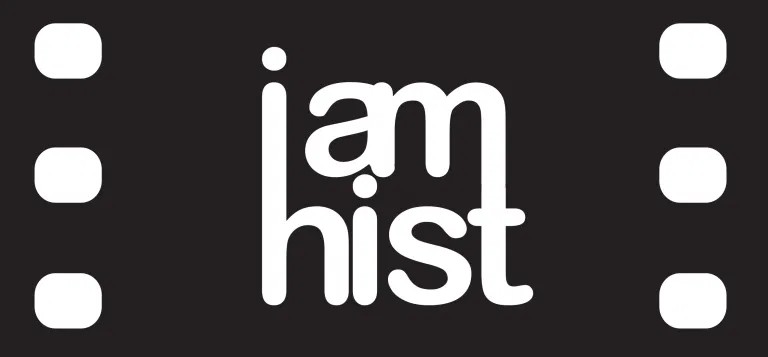
Are you a graduate or doctoral student, post-doc, or early career professional currently working on a project in which you engage issues concerning historical film, radio or television or issues in media history? Are you interested in presenting your project to a small group of experts and peers? Then this master class of the International Association for Media and History may be just what you are looking for.
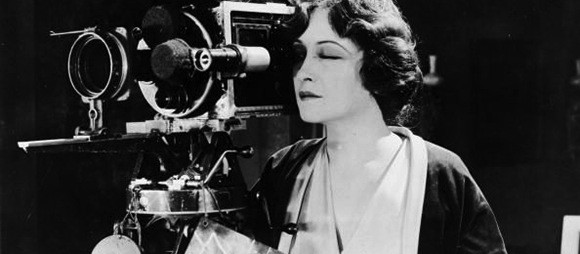
International Communication Association Remote Preconference May 27, 2021 Organizers: David W. Park, Jefferson Pooley, Peter Simonson The broader field of communication studies is in a moment when we are—or should be—intensively interrogating patterns of exclusion and hegemony that have continued to constitute it: around global region (de-Westernizing, theory from the South, persistent patterns of American […]

The last time I’d seen Stu, we were both in tuxedos. It was a packed hotel ballroom in London, the evening Jazz 625 Live: For One Night Only (Somethin’ Else/BBC Four, 2019) won Best Music Programme at the Broadcast Awards. Weird to think of that now, rubbing elbows with tipsy celebrities. A month later, we’d be in lockdown.
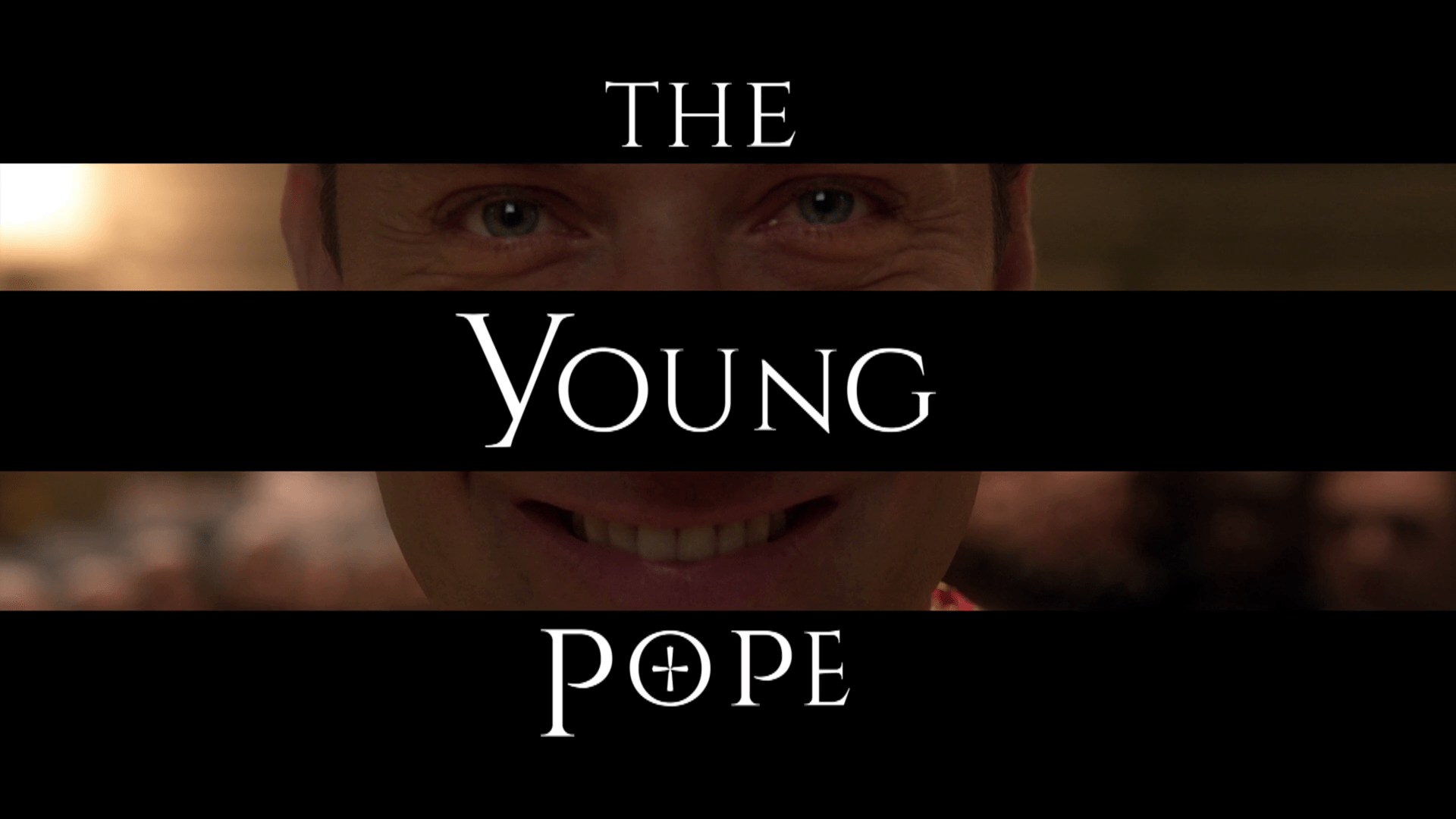
This account builds on an earlier blog, ‘Problems of Style in High-end Drama’ and an article published in Critical Studies in Television . It deals with ideas in a new book that accounts for contemporary US television drama’s formal strategies, due to the growing complexity of television narrative.
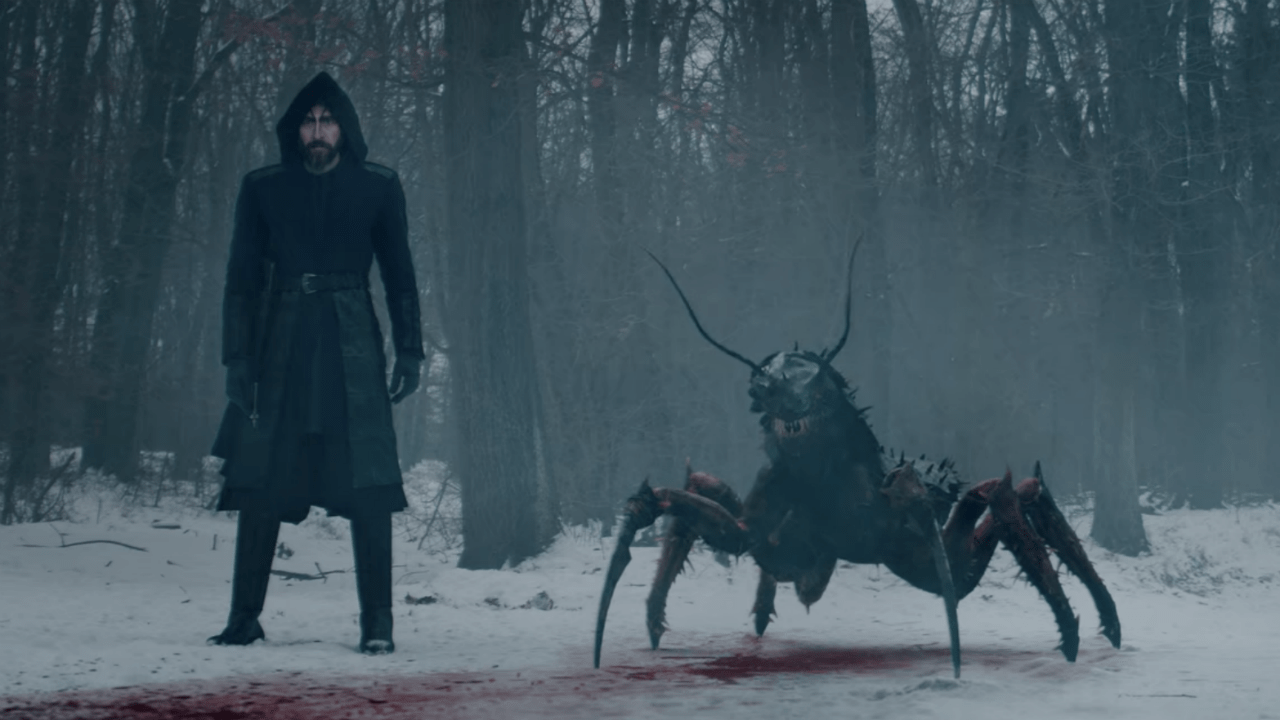
The theme for the 2021 Spring Seminar is monstrosity. This theme explores the role of monsters and monstrosity in games, play, game cultures, and other forms of playful media and popular cultures. The figure of the ‘monster’ is a crucial area for development in game studies. Recent scholarship has opened important trajectories for examining how such figures can embed problematic world views (Stang & Trammel 2019;
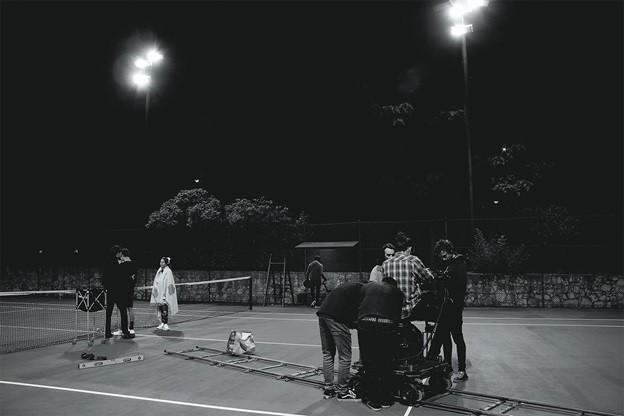
In the last decades, the European audiovisual and creative sectors have not stopped developing in size, significance and reach. They have assumed an increased role in policy, business and cultural life, but most of all they have greatly contributed to the consolidation of European identity and a stronger sense of community. Throughout the decades, different factors have contributed to the high levels of innovation in these sectors.

It’s been just over nine months since the UK entered its first COVID-19 lockdown (time flies when you’re stuck indoors…) With significant restrictions on how we can spend our leisure time, it’s not surprising to hear that we are watching more television than we have done in years. TV studies scholars rejoice – we’ve never been more relevant!
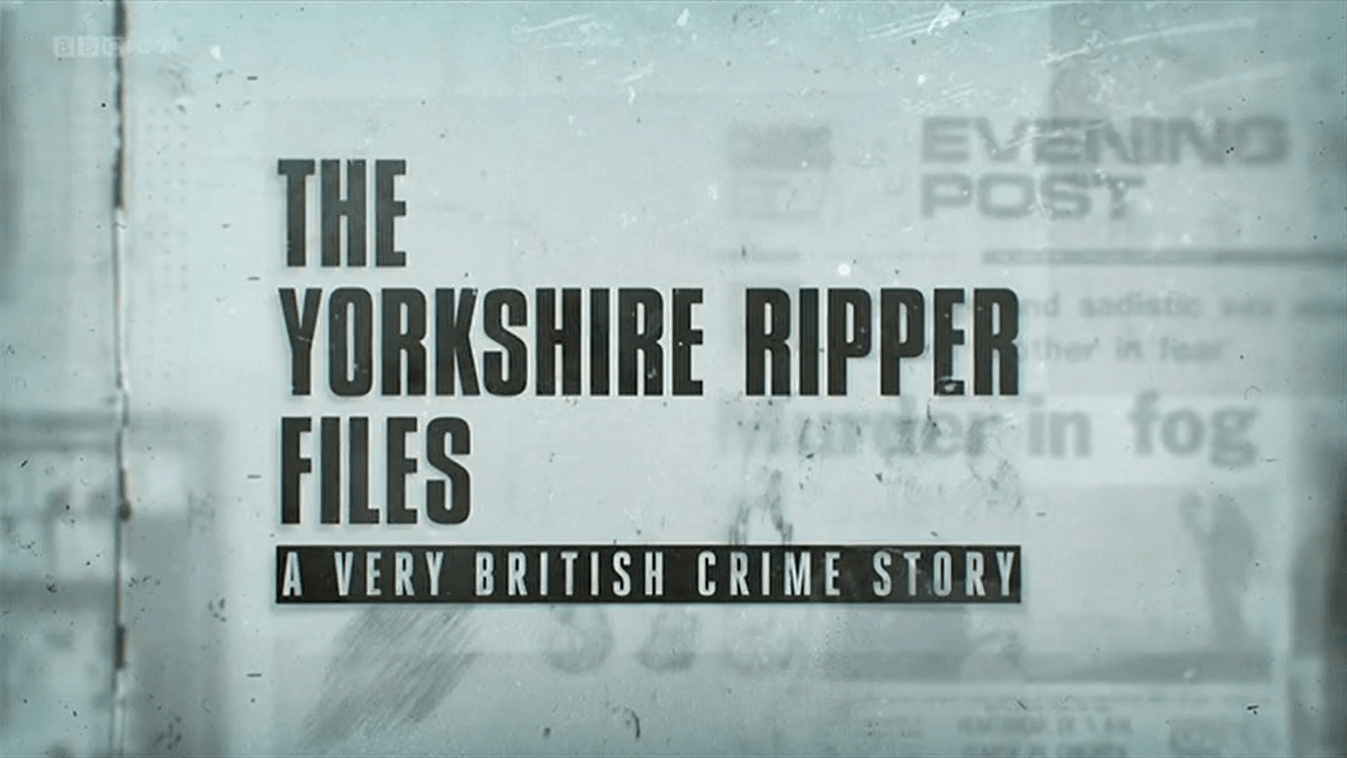
17th November 2020 marked the fortieth anniversary of the death of 20-year-old University of Leeds student Jacqueline Hill. She was the thirteenth and final woman to be killed in the notorious so-called ‘Yorkshire Ripper’ murders that took place in the north of England over five and a half years from 1975 to 1980. It is a series of events which has cast a murderously misogynist shadow over the cultural history of 1970s Britain.